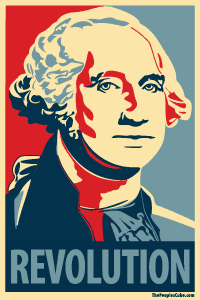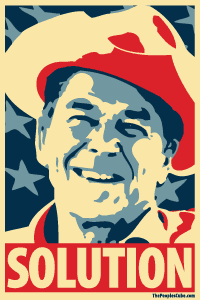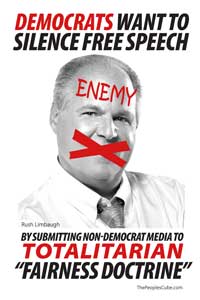The Meaning Of The Constitution
By Edwin Meese III | September 16, 2009 | Heritage Foundation
The Constitution of the United States has endured for over two centuries. It remains the object of reverence for nearly all Americans and an object of admiration by peoples around the world. William Gladstone was right in 1878 when he described the U.S. Constitution as “the most wonderful work ever struck off at a given time by the brain and purpose of man.”
Part of the reason for the Constitution’s enduring strength is that it is the complement of the Declaration of Independence. The Declaration provided the philosophical basis for a government that exercises legitimate power by “the consent of the governed,” and it defined the conditions of a free people, whose rights and liberty are derived from their Creator. The Constitution delineated the structure of government and the rules for its operation, consistent with the creed of human liberty proclaimed in the Declaration.
Justice Joseph Story, in his Familiar Exposition of the Constitution (1840), described our Founding document in these terms:
We shall treat [our Constitution], not as a mere compact, or league, or confederacy, existing at the mere will of any one or more of the States, during their good pleasure; but, (as it purports on its face to be) as a Constitution of Government, framed and adopted by the people of the United States, and obligatory upon all the States, until it is altered, amended, or abolished by the people, in the manner pointed out in the instrument itself.
By the diffusion of power—horizontally among the three separate branches of the federal government, and vertically in the allocation of power between the central government and the states—the Constitution’s Framers devised a structure of government strong enough to ensure the nation’s future strength and prosperity but without sufficient power to threaten the liberty of the people.








